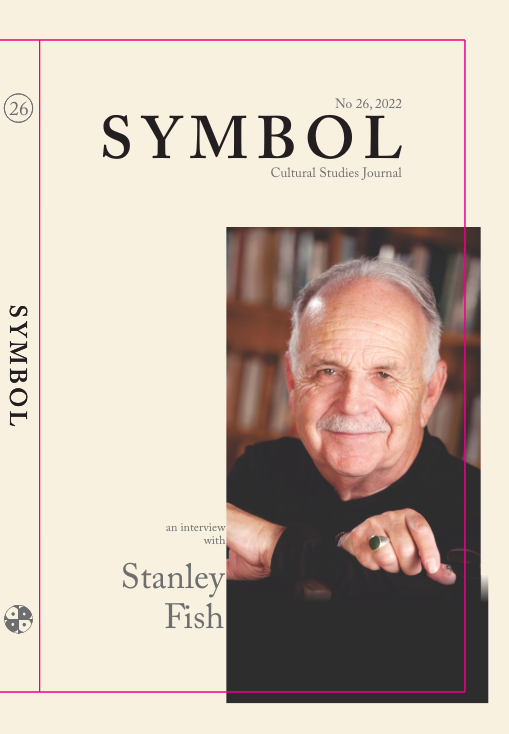The autobiographical discourse in Kadare’s novel (on the novel Twilight of the Eastern Gods)
The autobiographical discourse in Kadare’s novel (on the novel Twilight of the Eastern Gods)
Author(s): Mirjetë SadikuContributor(s): Eronita Kqiku (Translator)
Subject(s): Studies of Literature, Albanian Literature, History of Communism, Sociology of Literature
Published by: Bard Books
Keywords: autobiography; communism; socialist realism; irony; dictatorship; allegory;
Summary/Abstract: A little has been written about the novel Twilight of the Eastern Gods. Many researchers who have written about Kadare’s work either mention this novel in passing or do not mention it at all. In this survey, we tried to give an answer to the novel’s problems with special emphasis on the autobiographical discourse. Many researchers of Kadare’s work agree that Twilight and Chronicle in Stone have strong autobiographical discourse. He includes facts from his own life, such as his student life in Moscow, his friends at Gorki Institute, the case of Fadeyev and Pasternak, etc. In addition, Kadare also gives a picture of life under the Soviet communist government with special emphasis on the many problems faced by writers at that time, giving us the profile of some writers who were entirely at the service of that regime. Twilight can rightly be taken as evidence of life under the communist regime. The whole atmosphere of that time is reflected in it. He decides to reflect on the difficult life of the writer under the dictatorship by taking examples from reality, such as the case of Fadeyev and Pasternak.
Journal: SYMBOL
- Issue Year: 2022
- Issue No: 26
- Page Range: 47-59
- Page Count: 13
- Language: English

